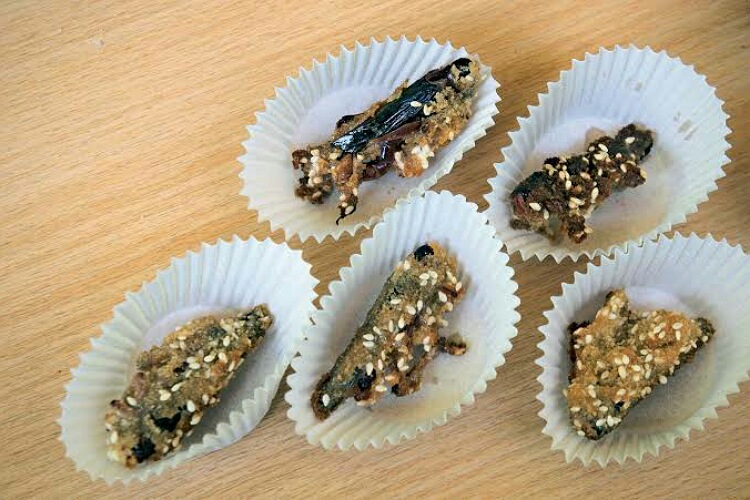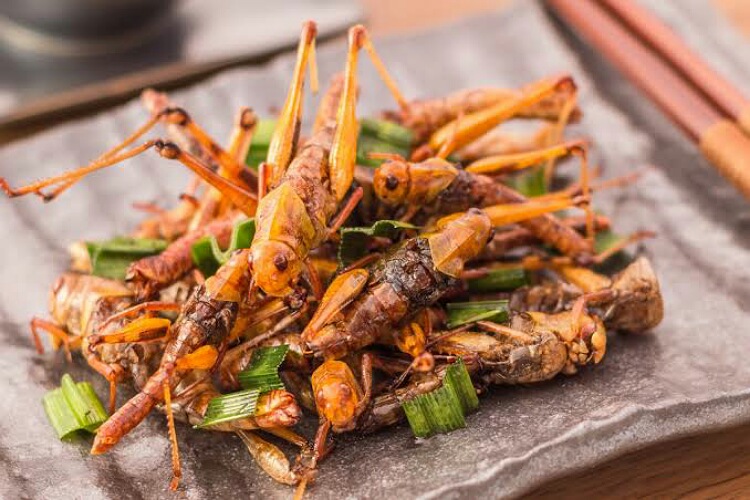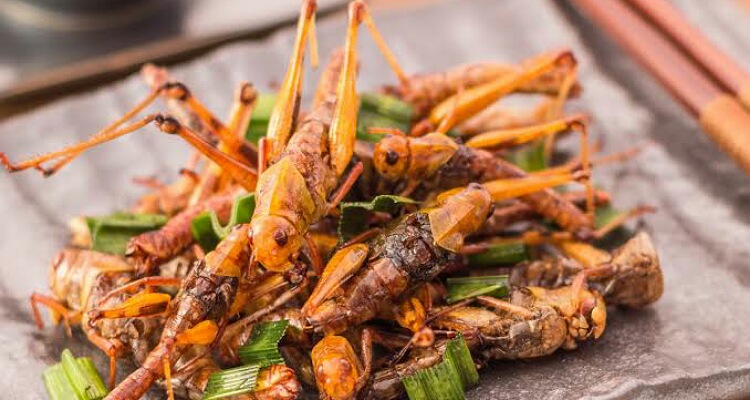What is the meaning of the term entomophagy? It is the eating insects.
Asian, and African countries, and also some nations from Central and South America have been consuming insects in their staple diet for many centuries. It is new in Europe and the USA.
But 80% of the people feel disgusting to eat those creepy bugs. They find it hard to believe that people are consuming them.
Are these insects nutritious? What are their other benefits? Are there any safety concerns? Is it the food of the future?
Entomophagy
Entomophagy is the consumption of insects as food.
There are some commonly used edible insects that people from Asia, Africa, and some parts of the Southern American region have been consuming over the years with claimed benefits.
And now researchers are looking at it as a food source of the future. It supposedly has benefits for an individual as well as the environment.
This food item is slowly getting introduced into the developed world. There are many celebrities such as Nicole Kidman, Angelina Jolie, Zac Efron, and others who have tasted this micro livestock and swear by it.
They endorse it on their social media. Despite that, not many people are willing to embrace them in their daily diet.

These insects are grown under controlled conditions and are available in the market. They are whole insects or larvae. They are also available in processed forms or as protein bars.
The commonly preferred insects for eating are crickets, grasshoppers, red ants, beetles, butterflies, wasps, and caterpillars.
Benefits of edible insects
Insects are good for the body and the planet. Protein makes up 20-76% of their dry weight. Thus edible insects are a rich source of proteins. It is more than that in soybeans.
The insects are also rich sources of a host of vitamins and minerals. They are loaded with zinc and iron and also the B groups of vitamins.
Eating insects and incorporating them in larger amounts in food can save the planet from greenhouse gas emissions and climate change.
These gases include methane, ammonia, and nitrous oxide. Land and water use in agriculture would accordingly come down. Thus insects are a resource-efficient source of proteins and other nutrients.

Despite enough traditional crops produce, the food is not sufficient to meet the demands of the rapidly growing population of the world.
There is increasing malnutrition. Insects can fill this gap and help overcome hunger and malnutrition.
Insect farming could serve as a source of income for some unemployed youth. It does not require a lot of land or money or machinery to start. And it would be a profitable business.
Problems with insect-eating
There is a high likelihood of some people getting allergies to this food. Additionally, only harvested insects are edible. Those taken from the wild could contain some harmful pesticides and other poisonous substances.
These may also be teeming with pathogenic bacteria or parasites and cause disease in the consumer.
Also, read Boiling vs steaming foods: Which is better?

The exoskeleton or chitin of insects contains some anti-nutrients that could nullify the positive nutritive benefits of insects.
